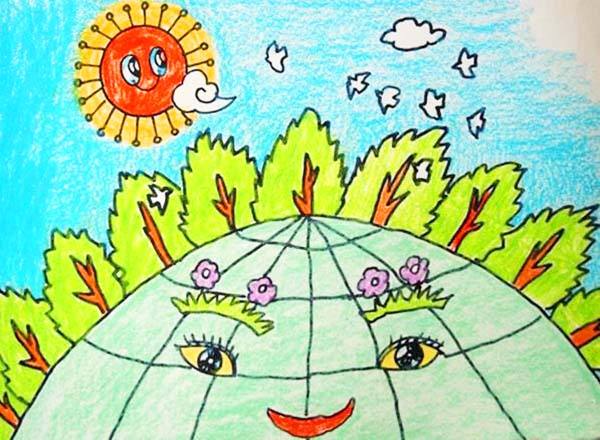(单词翻译:单击)
The Romans also flavored their wine with lead, which may be part of the reason they are not the force they used to be. As we have seen elsewhere, our own performance with lead (not to mention mercury, cadmium, and all the other industrial pollutants with which we routinely dose ourselves) does not leave us a great deal of room for smirking. When elements don't occur naturally on Earth, we have evolved no tolerance for them, and so they tend to be extremely toxic to us, as with plutonium. Our tolerance for plutonium is zero: there is no level at which it is not going to make you want to lie down.
罗马人也用铅来给酒调味,这也许是他们不再像以往那样强大的部分原因。我们在别处已经提到,我们自己使用铅的情况(且不说汞、镉和其他的工业污染物,我们经常用这些玩意儿来毒害自己)也没多少值得得意的地方。凡是地球上不是天然存在的元素,我们都没有对其产生耐受性,因此它们对我们的毒性很大,比如钚。我们对于钚的耐受性是零:任何一丁点儿都会要你的命。
I have brought you a long way to make a small point: a big part of the reason that Earth seems so miraculously accommodating is that we evolved to suit its conditions. What we marvel at is not that it is suitable to life but that it is suitable to our life—and hardly surprising, really. It may be that many of the things that make it so splendid to us—well-proportioned Sun, doting Moon, sociable carbon, more magma than you can shake a stick at, and all the rest—seem splendid simply because they are what we were born to count on. No one can altogether say.
我对你讲了这么多,只是为了说明一个小问题:地球看上去似乎奇迹般地给人方便,其实很大程度上是因为我们已经渐渐适应了它的条件。令人感到惊异的不是它适合于生命,而是适合于我们的生命——其实这是没有什么可奇怪的。也许,我们之所以对它的许多情况——大小合适的太阳、温柔体贴的月球、爱好交际的碳、足够多的岩浆等等——感到满意,仅仅是因为我们生来就依赖这些条件,所以才似乎感到满意。谁也不能完全说得清楚。
Other worlds may harbor beings thankful for their silvery lakes of mercury and drifting clouds of ammonia. They may be delighted that their planet doesn't shake them silly with its grinding plates or spew messy gobs of lava over the landscape, but rather exists in a permanent nontectonic tranquility.
别的世界里的生物也许会感激一汪汪银白色的汞和一团团漂浮的氨。他们也许会感到高兴,他们的行星没有因为板块移动而晃得他们晕头转向,没有喷出大量的岩浆覆盖大地,而是永远处于无板块构造的宁静状态。


